What role did the empire play in modern constitution of identities in India? Peasants, Political Economy, and Law explores the interconnections between agrarian policy, revenue and property law, commercial production, and the emergence of related political identities. Focusing on Indian encounters with colonial economy and governance, it brings together seminal writings of a distinguished academician. Peter Robb studies the definitions of interest groups–and the limits on colonial and ‘modern’ influence–in the context of land revenue and legislation, survey and settlement proceedings, international trade, and commercial cropping. He stresses the importance of acts of omission as well as commission–the role of colonial inquiry, of errors, and inadequacies of policy–in defining pressure groups and influencing identities. The volume analyses such areas as economic development, tenancy acts, peasant stratification, ‘capitalist’ agriculture, and definitions of labour. It also investigates existing and imported socio-economic categories–indigo cultivators, ideas of peasant activists, and the politicization of famine. Tracing deeper connections across apparent subject boundaries, this work, like its companion liberalism, modernity, and the nation, revisits the debate on the impact of empire on both Britain and India. It also offers a further reflection on the questions raised in Robb’s earlier works. On account of its engagement with topical themes, interesting details, and arguments, this collection will be of enormous interest to historians, sociologists, economists, political scientist’s and the informed general reader.
Peasants, Political Economy, and Law
In stock
Free & Quick Delivery Worldwide
reviews
Bibliographic information
Title
Peasants, Political Economy, and Law
Author
Edition
1st ed.
Publisher
Oxford University Press, 2007
ISBN
0195681606
Length
x+224 p.
Subjects

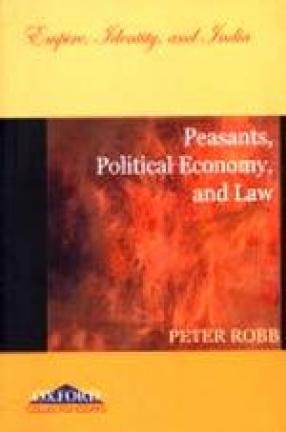
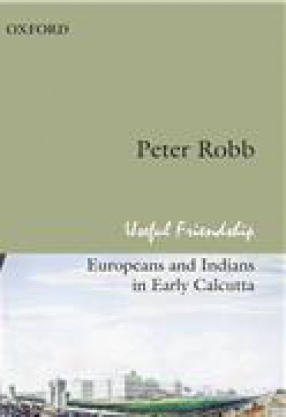
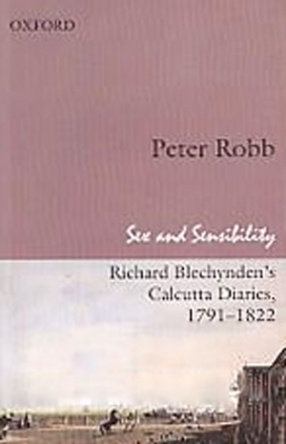

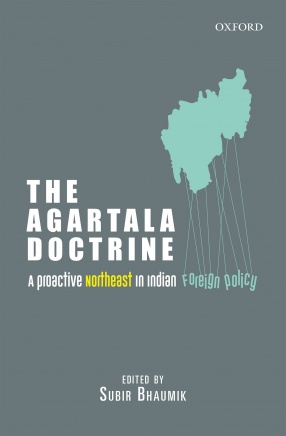
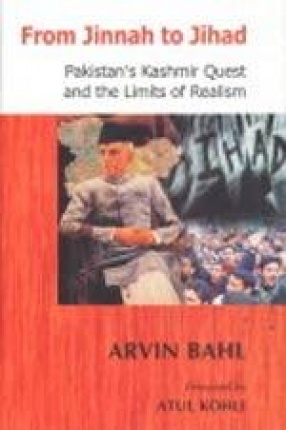
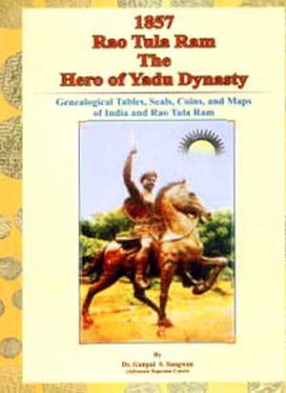
There are no reviews yet.